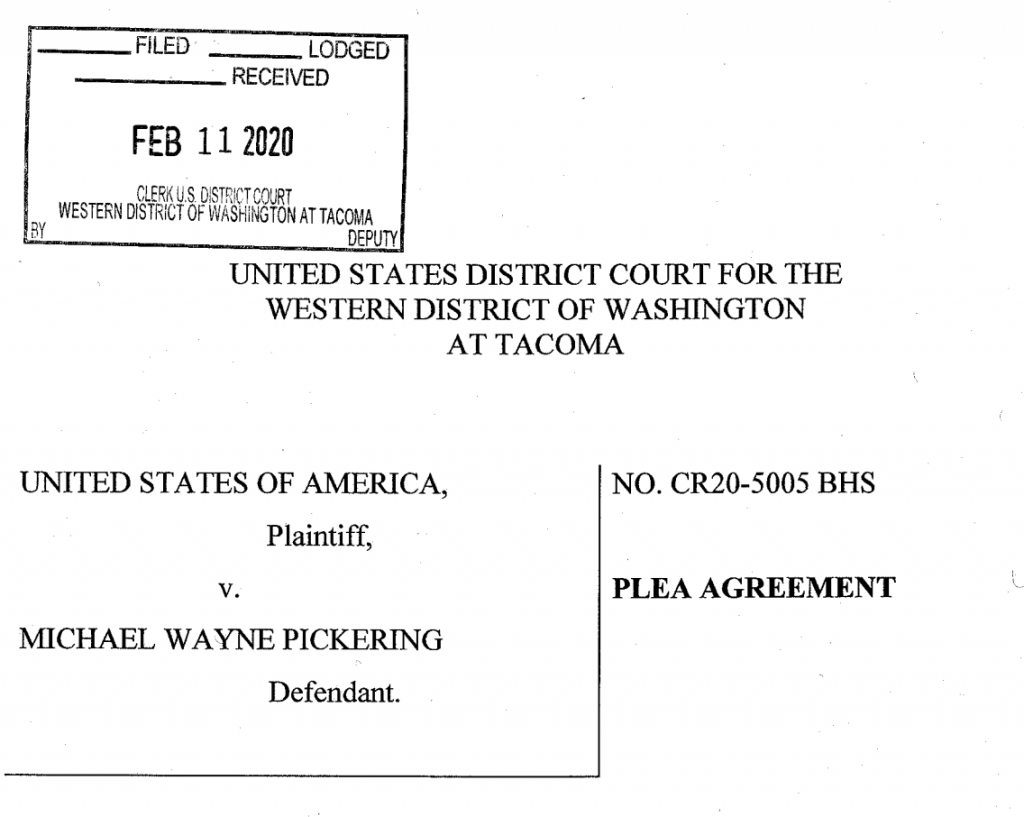
Readers may roll their eyes at the various excuses authors use — including flooded labs and “my laptop was stolen” — when their data are unavailable for further scrutiny following questions. But here’s a case in which a stolen laptop is a real story.
On April 5, Daniel Bolnick, the editor-in-chief of The American Naturalist, posted an expression of concern for three studies published in 2018 and 2019:
This Editorial Expression of Concern serves to notify readers of The American Naturalist that the Editorial Board has identified data archiving and statistical concerns regarding three previously published papers.
The statement continues, noting that author Denon Start — who has had two awards from his PhD rescinded, and whose employment status is unclear — “no longer has access to these data:”
Continue reading Ecologist who lost thesis awards earns expressions of concern after laptop stolen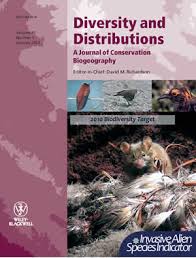 A leading journal in ecology and evolution is going through an evolution of its own, following the resignation of its editor in chief and more than half of its editorial board.
A leading journal in ecology and evolution is going through an evolution of its own, following the resignation of its editor in chief and more than half of its editorial board.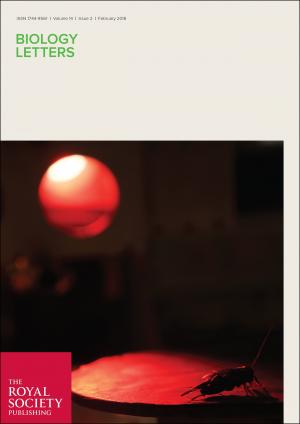 A biology journal is investigating concerns about a 2014 paper by a marine biologist
A biology journal is investigating concerns about a 2014 paper by a marine biologist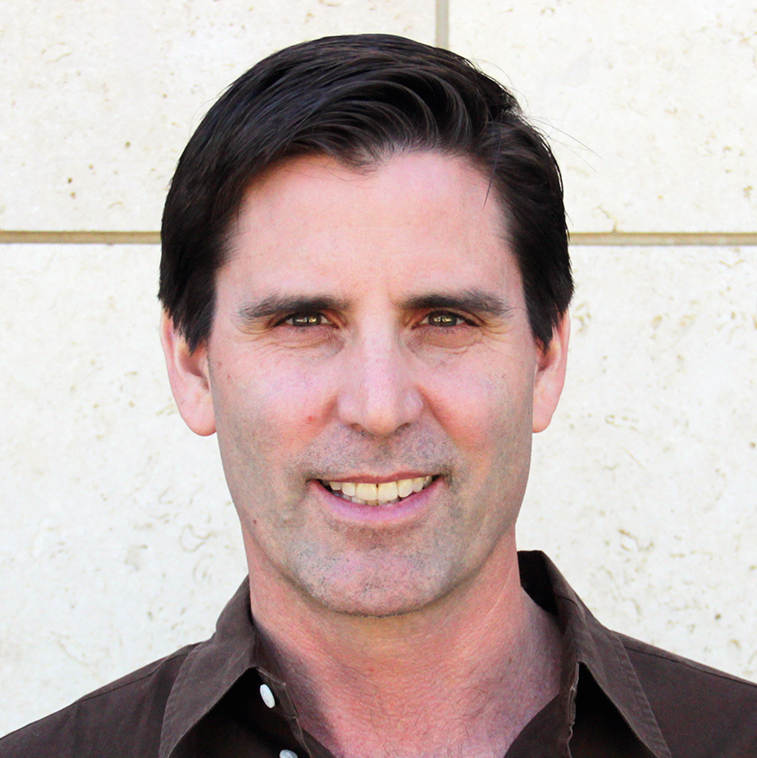

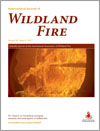


 A former University of Colorado Boulder graduate student is suing his ex-advisor for defamation after being shooed out midway through his doctoral program.
A former University of Colorado Boulder graduate student is suing his ex-advisor for defamation after being shooed out midway through his doctoral program.  A top federal U.S. court has confirmed a decision by the National Science Foundation (NSF) to
A top federal U.S. court has confirmed a decision by the National Science Foundation (NSF) to